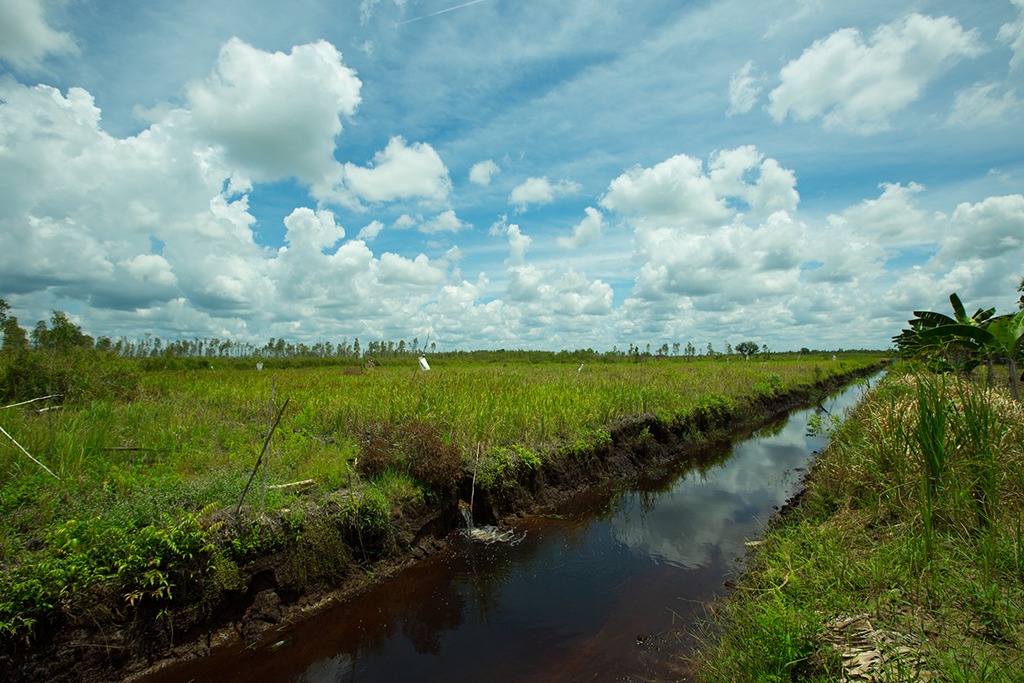
(Bogor, 23 October 2018) – Tropical peatlands are found in more than 80 countries, making them a global concern in terms of understanding climate change. Peatlands provide a number of ecosystem services, including carbon sequestration, water storage and habitat for flora and fauna. For humans, peatland ecosystems provide food, medicine, timber and more. Yet tropical peatlands remain one of the least understood and monitored ecosystems.
Following a number of initiatives, including the historic 2018 Brazzaville declaration, to promote better management and conservation of the world’s largest tropical peatlands, the Cuvette Centrale region in the Congo Basin, the Government of Indonesia with the Democratic Republic of the Congo, Republic of the Congo, the Government of Peru proudly announce the formation of the International Tropical Peatland Center (ITPC).
ITPC’s main objective is to lead and inform efforts to conserve and sustainably manage peatlands throughout Southeast Asia, the Congo Basin and Peru by engaging with and connecting researchers, governments, civil society and other concern stakeholders.
This international Center will bring together researchers, policy makers, indigenous communities, and other stakeholders in peatlands management and peatlands-based industries for a common goal – to learn more and preserve this unique and important ecosystem. As Indonesia has a history of successful management and is home to the largest percentage of wetlands, Government of Indonesia is pleased to host the ITPC.
The ITPC soft launch is scheduled to take place on October 30, 2018 at the Ministry of Environment and Forestry in Jakarta. Officials from the Republic of the Congo, Democratic Republic of the Congo and Peru are expected to attend.
The Center will share a campus with the headquarters of the Center for International Forestry Research, which is based in Bogor, where the Ministry of Environment and Forestry’s Research Development and Innovation Agency (FOERDIA) is also located.
Among its objectives, ITPC will seek to effective, cost-efficient and equitable solutions available, support national sustainable development and climate change goals, and provide more international visibility for peatlands research and practice.









